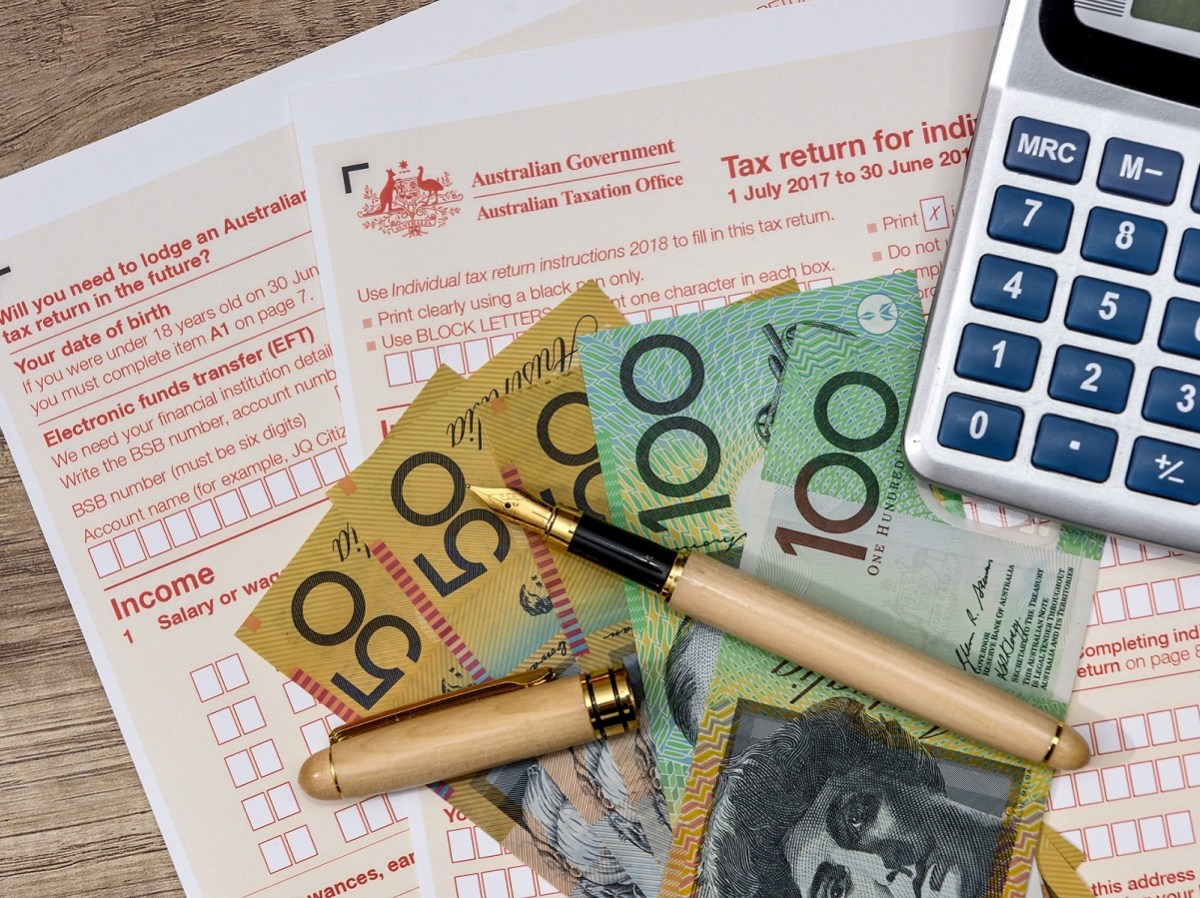The 2022 Budget delivers a range of tax breaks to small businesses to encourage them to digitalise their operations and spend more on staff training, but retailers and retail associations aren’t convinced the measures support longer-term relief.
Rawsons sales director, Jon Pysing doesn’t expect a lot of positive spending activity stemming from the budget. “Small handouts to offset rising costs of food and petrol will not do much to ease the feeling of uncertainty,” he told Appliance Retailer.
“There are greater market forces at play right now including supply delays, disruptions and inconsistency, which are all contributing to rising costs. World events create unease which impacts consumer confidence.
“Further, well-known recipients of JobKeeper handouts unnecessarily will not return them. This shows how weak the government has been in handling the country’s finances, and the latest Budget announcements are a cynical attempt to shore up votes.
“We expect a softening retail market while there is still a strong new homes market. But this needs close attention as cash flows will be issues for many companies.”
The Australian Retailers Association (ARA) has welcomed the cost-of-living measures announced in this year’s Budget, along with support for small business to upskill staff and accelerate their digital capabilities but called for greater investment in longer-term resilience measures.
ARA CEO Paul Zahra said businesses are navigating intense global economic uncertainty, and the Budget strikes a balance between easing short-term cost pressures, while encouraging small businesses to upskill and grow.
“Business costs are increasing, as staff shortages and supply chain delays and costs continue to bite, and we are pleased to see the government recognise the immediate inflationary pressures on vulnerable Australians which will have a flow-on benefit to retailers,” Zahra said.
“However, business disruption remains an ongoing concern for Australian companies large and small with the conflict abroad creating a ripple of cost pressures for retailers and customers, and at home flooding has displaced thousands of Australians and impacted many businesses.
“The Government’s cost of living package, which includes a $420 tax offset for low-and middle-income earners, a temporary cut to the fuel excise, and $250 payments to pensioners, will certainly assist in the short-term, with the payments set to flow through to the retail economy. Fuel excise cuts will also help alleviate some of the skyrocketing delivery costs, which ultimately are passed onto consumers. However, challenges remain in the long-term once these temporary measures expire.”
The budget reveals short term recovery solutions for retail, but a long road to economic recovery remains without measures to address workforce disruptions. National Retail Association (NRA) CEO Dominique Lamb is calling for greater investment for retail and small business through long-term resilience measures.
“We welcome the budget’s investment in skills and enhancing digital capabilities, but retail is left without a long-term agenda to address economic resilience in the sector. While the training and tax breaks will help strengthen business confidence and create jobs, the initiatives fall short of securing productivity improvements and economic resilience,” she said.
With the cost of business increasing, retailers are without strategies to address growing pressures to meet labour and supply shortages.
“The budget failed to address the broader challenges of the economy by focusing heavily on short-term inflation relief. We would have also liked to see strategies implemented across business innovation and investment, supply chain capability and workforce productivity to ease the pressure for retailers and consumers.”

